![is ringworm contagious, is ringworm spreadable, how ringworm spreads, does ringworm spread from person to person , how long is ringworm contagious]()
Updated On January 22, 2026
Posted On August 13, 2024
3 Comments
8 min read
3187 views
1854 likes
8 min read
1310 views
160 likes
Is Ringworm Spreadable or Contagious? How It Spreads & Why Sibling Care Matters
Introduction
Is ringworm contagious or spreadable? Can it pass from one person to another, especially within families or among siblings? Many people also wonder how long ringworm remains contagious after treatment begins. These are common questions when someone at home develops a ringworm infection.
Hello everyone, I’m Dr. Karma Patel, a dermatologist passionate about providing expert skin consultations online. Over the years, I’ve helped numerous patients successfully treat fungal ringworm infections through online or virtual care. In this blog, I’ll explain how ringworm spreads, answer key concerns like “is ringworm contagious or spreadable to humans,” and highlight why sibling management plays a vital role in preventing its recurrence within households.
Get a free dermatologist consultation online for ringworm, fungal infections, or any skin concern - simply use the coupon code FPCND100 for a free skin photographic consultation on NeoDermatologist.com.
Consult a certified skin doctor online for free and get expert guidance for any skin or hair problem at NeoDermatologist.com.
Understand The Basics Of Fungal Infections And How Ringworm Spreads?
Before diving into sibling management in ringworm infection, it's important to understand the basics of fungal infections and how ringworm spreads. Fungal infections or ringworm infections are caused by fungi that can live on the skin, in the air, and on surfaces.
Is Ringworm Contagious? How Does Its Spread From Person To Person?
Yes, ringworm is contagious. It is a common fungal infection that spreads through direct skin-to-skin contact or by touching contaminated items such as towels, clothing, or bedsheets. In India, ringworm is the most commonly encountered fungal infection among all.
The fungus responsible for ringworm can live on surfaces and skin, making it highly transmissible in homes, especially among children who share spaces and belongings. In this blog, will be focused more on sibling management in patients suffering from ringworm infection. By understanding how ringworm spreads, parents and caregivers can take effective measures to prevent its spread to other siblings.
Why Sibling Management Is Critical in Ringworm Infections
Sibling management is crucial because, when one child in a household is diagnosed with a fungal or ringworm infection, it's important to take steps to prevent the infection from spreading to siblings. After all, children often share toys, clothing, bedding, and stay in close contact. This significantly increases the risk of ringworm spreading within families. Managing this properly prevents re-infection and long-term health concerns. This guide provides practical advice and solutions for parents and caregivers to manage sibling relationships due to their close contact with each other and their tendency to share items and prevent the spread of fungal infections.
Importance of Early Detection
Early detection is your first line of defense against ringworm. Identifying the infection early allows for prompt treatment, which can limit its severity, alleviate symptoms like itching, and shorten the overall course of the infection. It also helps prevent the spread of ringworm to other family members, including siblings, by enabling quicker isolation and management. Additionally, early detection supports accurate diagnosis and helps rule out other potential skin conditions. Consulting a
certified dermatologist as soon as ringworm is suspected is crucial for timely intervention.
During consultations, many patients ask questions like, “Is tinea corporis contagious?” or “Is ringworm spreadable?” We answer that once treatment begins, ringworm typically remains contagious for about 48 hours, though this can vary depending on the individual and the type of treatment used. It is important to follow your dermatologist’s guidance and take precautions to prevent spreading the infection to others - for example, avoid sharing towels, clothing, or personal items until the infection is fully under control. Preventive Measures to Stop Ringworm from Spreading
To reduce the risk of infection among siblings, it's important to implement preventative measures. Below are some advice you can take care of to help prevent the spread of ringworm:
- Avoid sharing towels, bedsheets, and personal grooming items.
- Wash clothes and bedding in hot water.
- Keep affected areas dry and clean.
- Disinfect commonly touched surfaces.
- Wear loose cotton clothing to avoid moisture build-up.
These habits are not just helpful in preventing ringworm that spreads, but also other forms of communicable skin infections. Additionally, if one sibling has a fungal infection, it's important to keep them isolated from other siblings until the infection has cleared up to prevent further spread.
Ringworm Spread in the Jock Itch Area (Groin)
Ringworm can also spread to warm, moist areas of the body, such as the groin, where it commonly presents as jock itch (tinea cruris). This region is especially prone to fungal growth due to sweating, friction, and limited air circulation. When ringworm affects the inner thighs or groin folds, it can easily spread through shared clothing, towels, or prolonged skin-to-skin contact. Early recognition and proper hygiene are essential, as untreated infections may worsen or be transmitted to other family members. Seeking timely
Fungal Jock Itch Treatment helps control the infection, relieves itching and redness, and prevents further spread to nearby skin areas or to others in the household.
Treat Infected Siblings Simultaneously to Prevent Re-Infection
When one sibling in a household has a fungal infection, it's important to treat all siblings simultaneously to prevent re-infection. Fungal infection can easily spread between family members, especially if they share close living quarters or personal items. Ringworm also spreads through moist, shared environments like locker rooms or swimming pools in siblings. Treating all siblings at once can help ensure that the infection is fully eradicated from the household. It's also important to follow the treatment plan prescribed by a dermatologist and to continue treatment for the full duration, even if symptoms improve.
If you’re unsure about the right medicines or care routine, you can consult a dermatologist online via chat for quick guidance and personalized treatment. This helps prevent the infection from recurring or spreading again.Practice Good Hygiene Habits To Prevent Spread Of Infection
Good hygiene habits are essential to prevent the spread of fungal infections between siblings. Encourage your children to wash their hands frequently, especially after using the bathroom, playing outside, or touching shared surfaces like doorknobs or toys. Make sure to keep and wash clothes, towel, bedsheet separately of an infected person to prevent its spread. Avoid sharing personal items. It's also important to regularly clean and disinfect shared surfaces and items, such as bathroom fixtures, toys, and electronic devices. Make a habit of wearing loose-fitting, cotton clothes and keep your inner parts dry, as moisture will provide a hospitable environment for fungi to thrive. By practicing good hygiene habits, you can help prevent the spread of fungal infections and keep your family healthy.
Emotional Impact on Siblings
Ringworm can be more than just a physical inconvenience. Siblings might feel isolated or excluded from the family activities due to the contagious nature of ringworm. Siblings can experience the feeling of anxiety and may worry about catching the infection themselves from those who are already infected, or may also worry about the discomfort their sibling is going through. Siblings might also feel frustrated with the restrictions imposed on them by their parents or caregivers to prevent the further spread of ringworm infection. The siblings who are not infected may have feelings of jealousy of the attention given to the infected siblings.
By Understanding How Ringworm Spreads, Parents & Caregivers Can Take Steps To Prevent Their Spread To Siblings
Strategies to Help Children Cope:
It is important for parents to address these emotions and implement strategies to help their children cope with it.
2. Dedicate some specific quality time to the unaffected children to reassure them and strengthen your bond with them.
3. Make children feel involved by explaining to them how they can help prevent the spread of ringworm infection, such as not sharing personal items.
4. Help them feel valued. Praise their cooperation and understanding.
5. Limit the restrictions imposed on children in order to prevent the spread of ringworm infection by avoiding overly restrictive measures that can lead to feelings of isolation.
6. It is also important being a parent to connect with the other families who have had similar situations in the past and ask them for their support and sharing their experience and advice.
Seek Dermatologist Guidance: Get Rid of Ringworm Completely
Even if you’re following all hygiene and treatment protocols, consulting a dermatologist is crucial. Dermatologists provide accurate diagnosis and tailored treatment plans. If your child has recurring infections or the treatment doesn’t seem effective, it might be due to incomplete treatment or drug-resistant fungal strains. It's important to monitor all siblings for symptoms and seek medical attention if necessary.
At Neodermatologist, our team of certified skin specialists offers expert consultation to treat ringworm infection effectively. Consult with your
nearest skin dermatologist on Neodermatologist.com and get the best online treatment for fungal infection. We also help clear all doubts by our FAQ section about "is ringworm spreadable", "does ringworm spread during treatment", and "how long is it contagious". Don’t ignore early symptoms - get medical attention promptly.
Other Services We Offer at Neodermatologist
If you are looking for treatment beyond fungal infections, check out our other dermatology services:
Conclusion: Protect Your Family with Knowledge And Timely Action
To summarize:
- Yes, ringworm is contagious.
- It spreads easily within families, especially among siblings.
- Early detection, treatment, and hygiene are key to prevention.
- Emotional support to children is just as important as medical treatment.
- Consult a dermatologist to get the right diagnosis and avoid reinfection.
I hope the above information was helpful.
Thank you
Dr. Karma Patel
MD (Dermatology) | Registration No.: G-53014
A dermatologist specializing in online consultations for skin, hair, and nail concerns. Offers expert care for acne, pigmentation, eczema, scabies, ringworm, scalp infections, dandruff, psoriasis, vitiligo, hives, and hair loss, providing effective, personalized treatment solutions from the comfort of home.

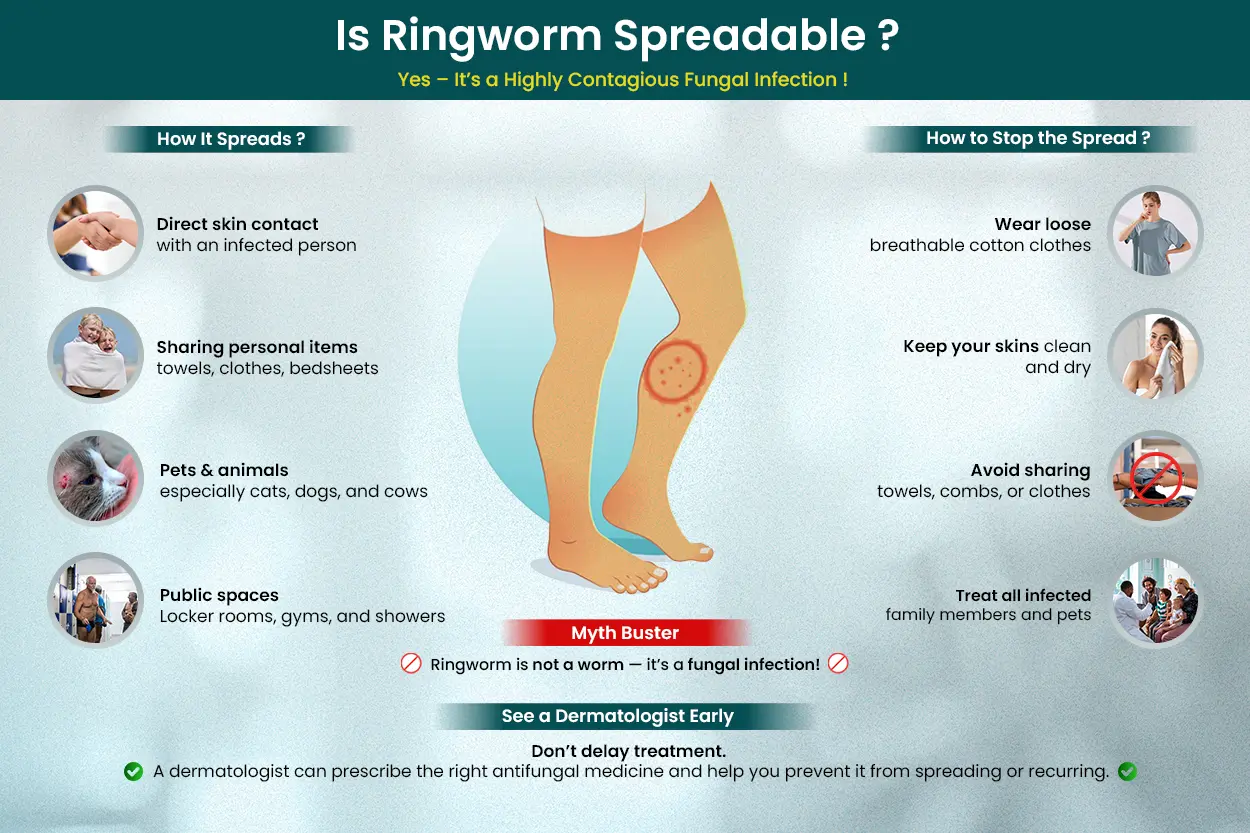
 Hin
Hin En
En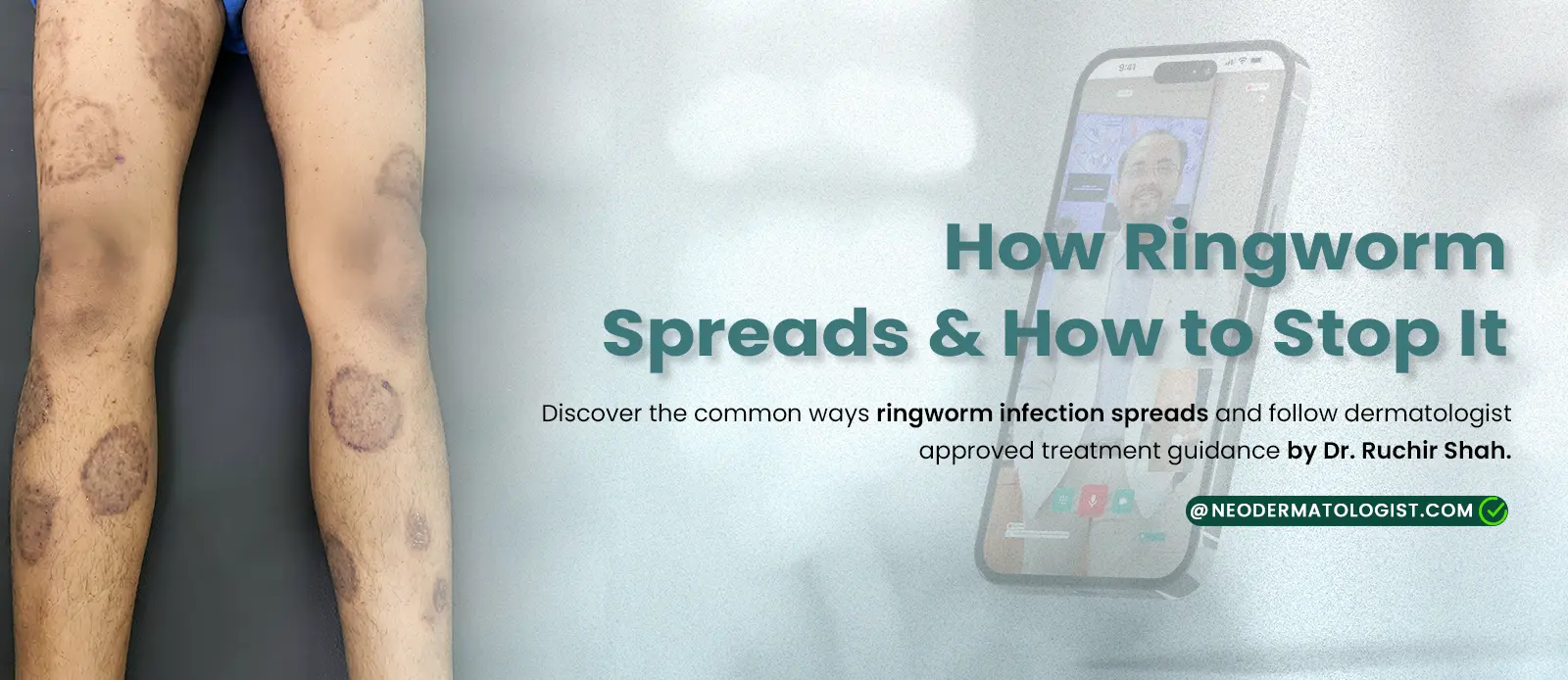
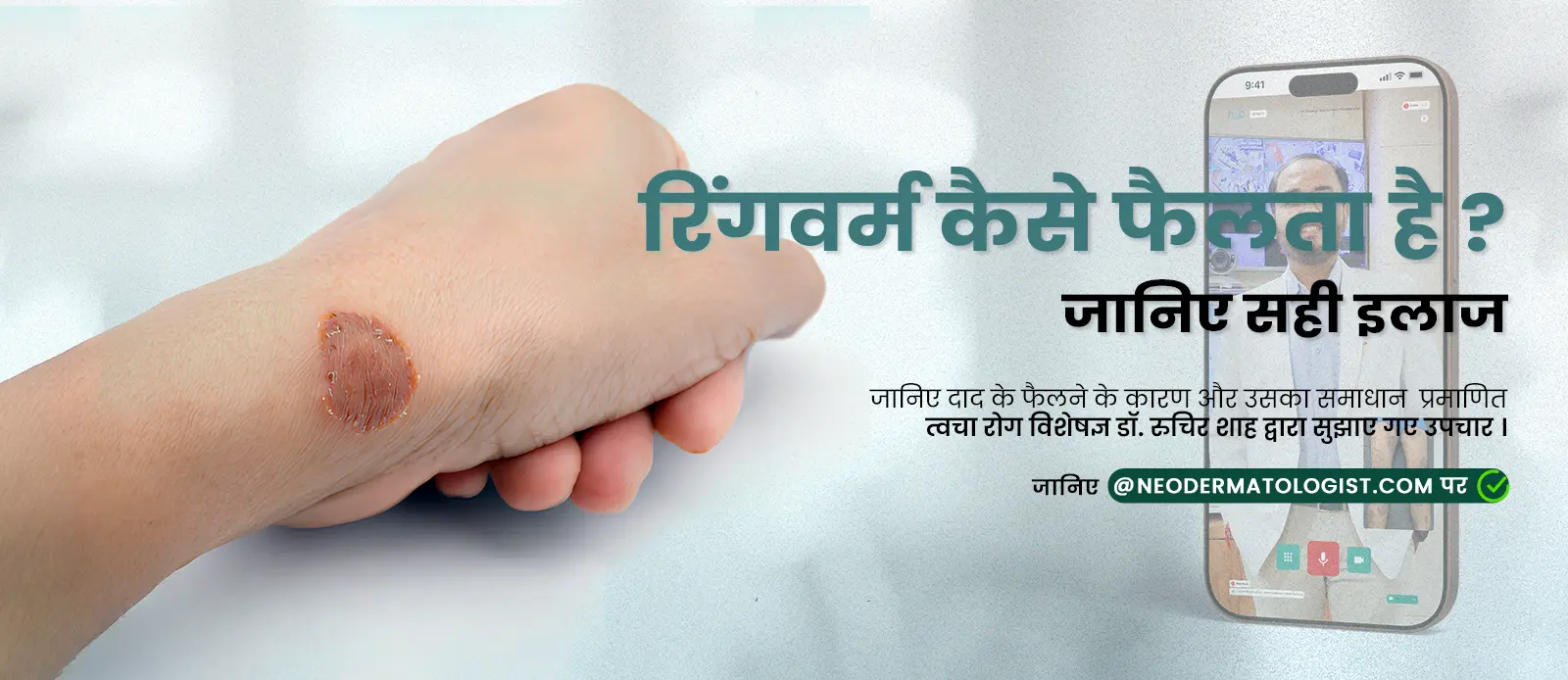
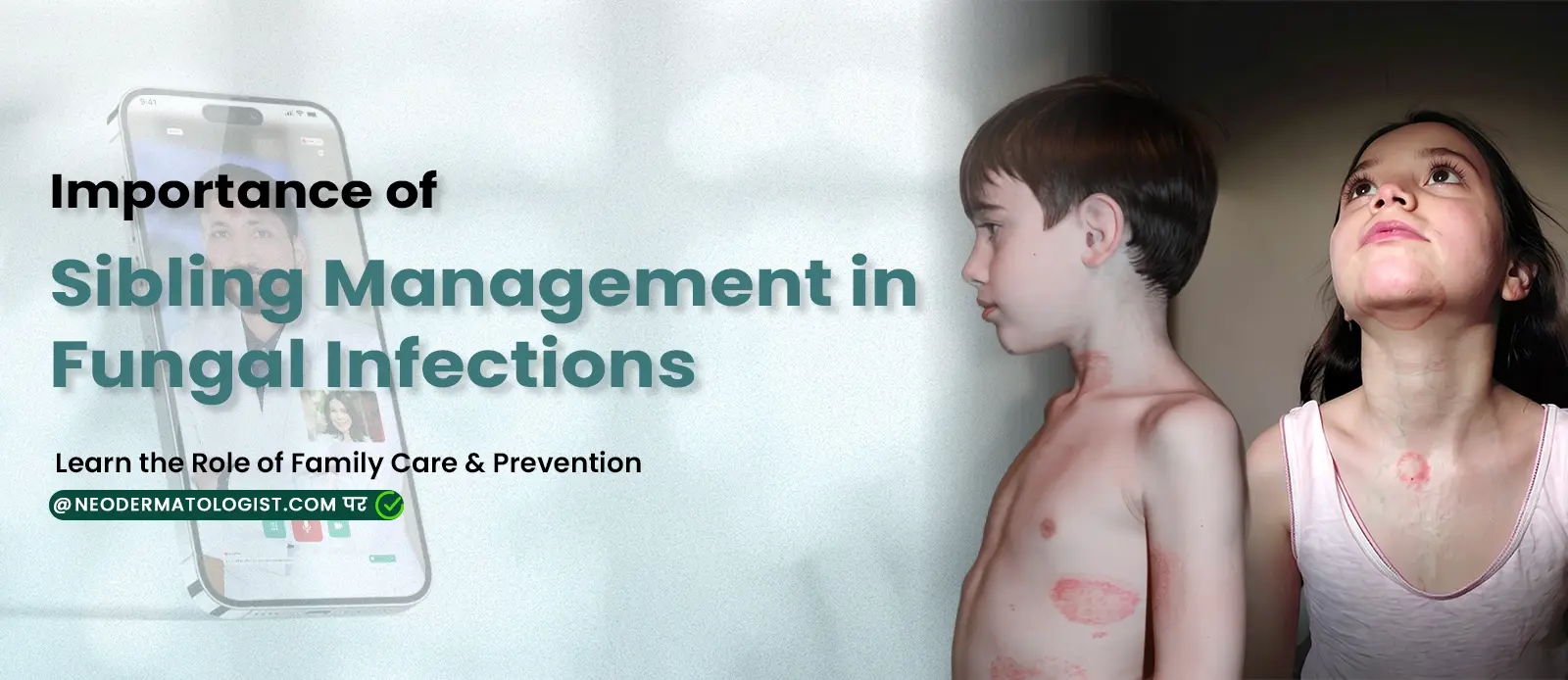
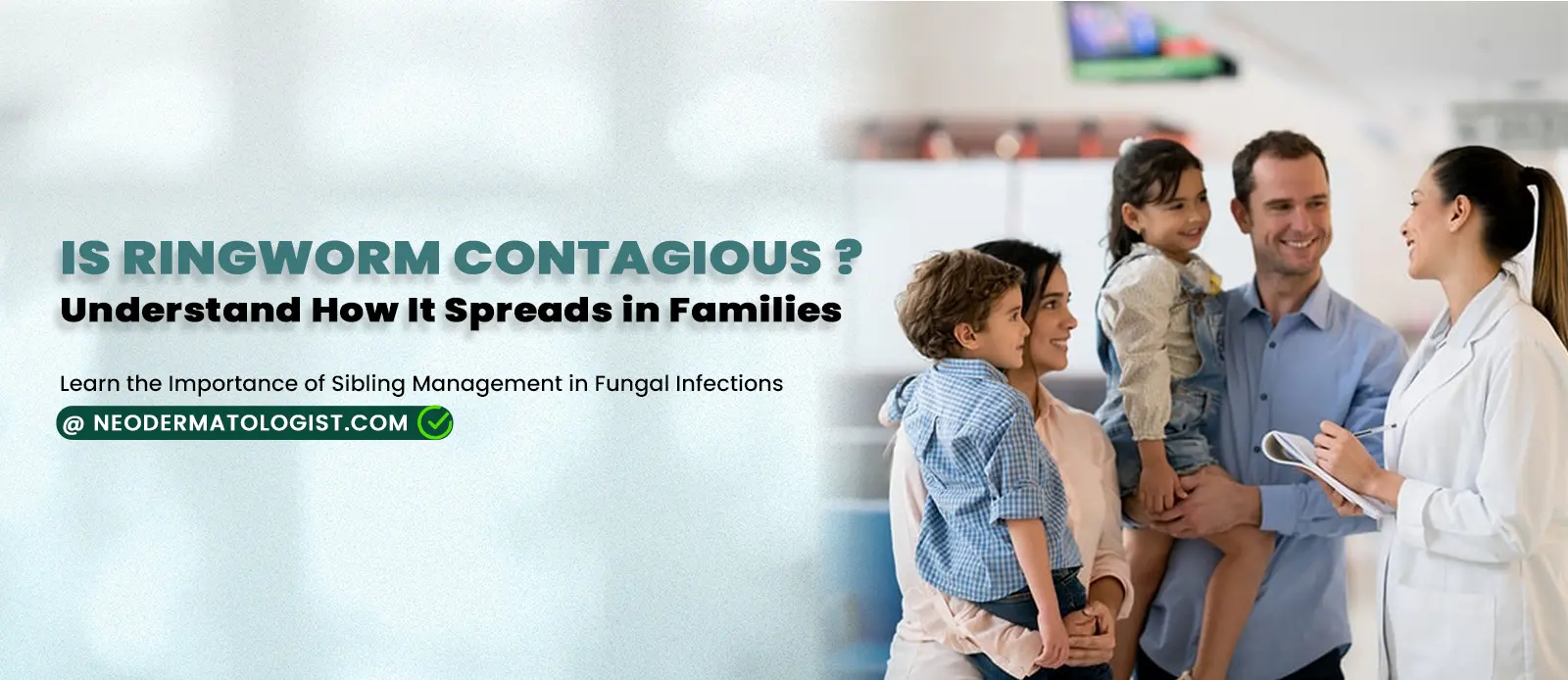






















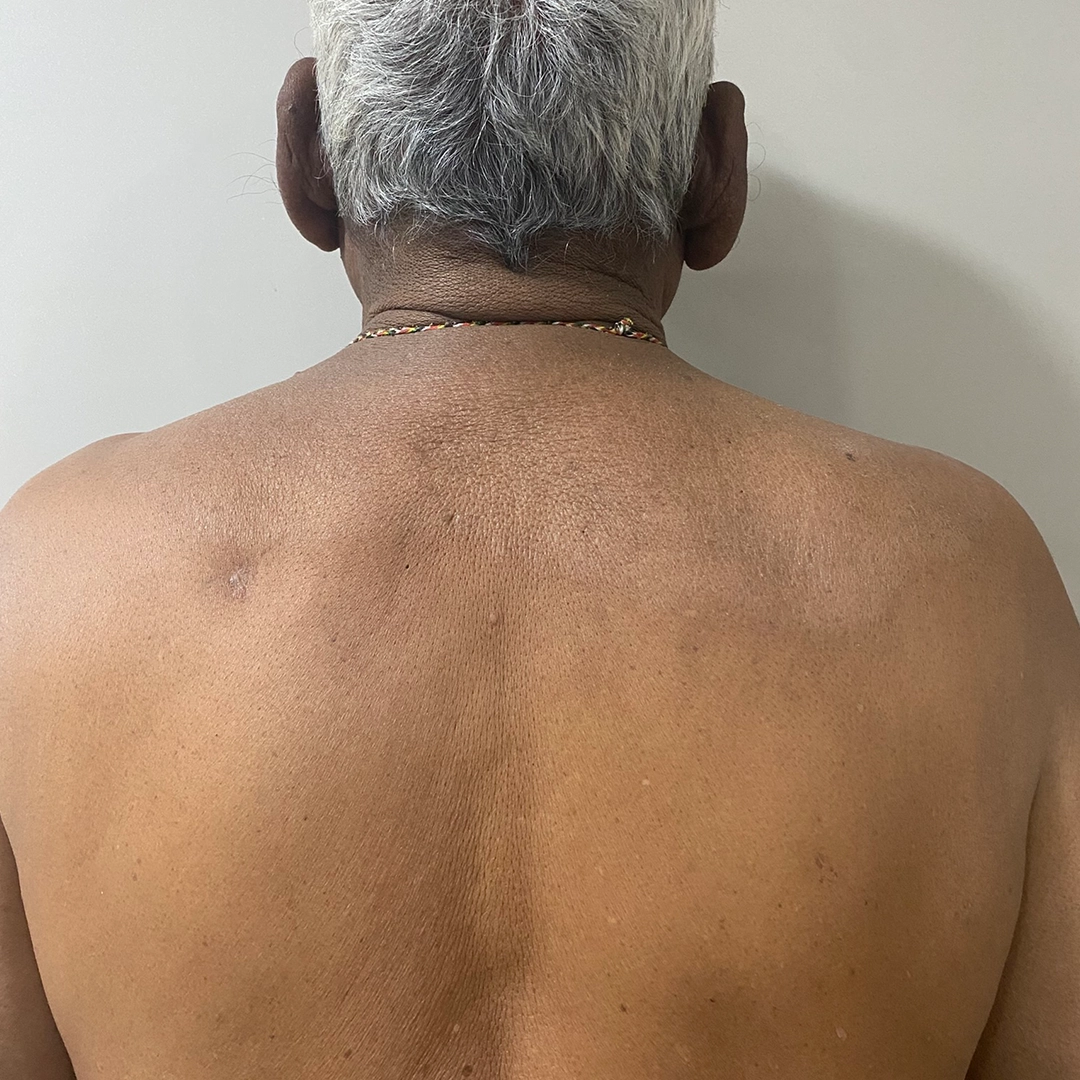
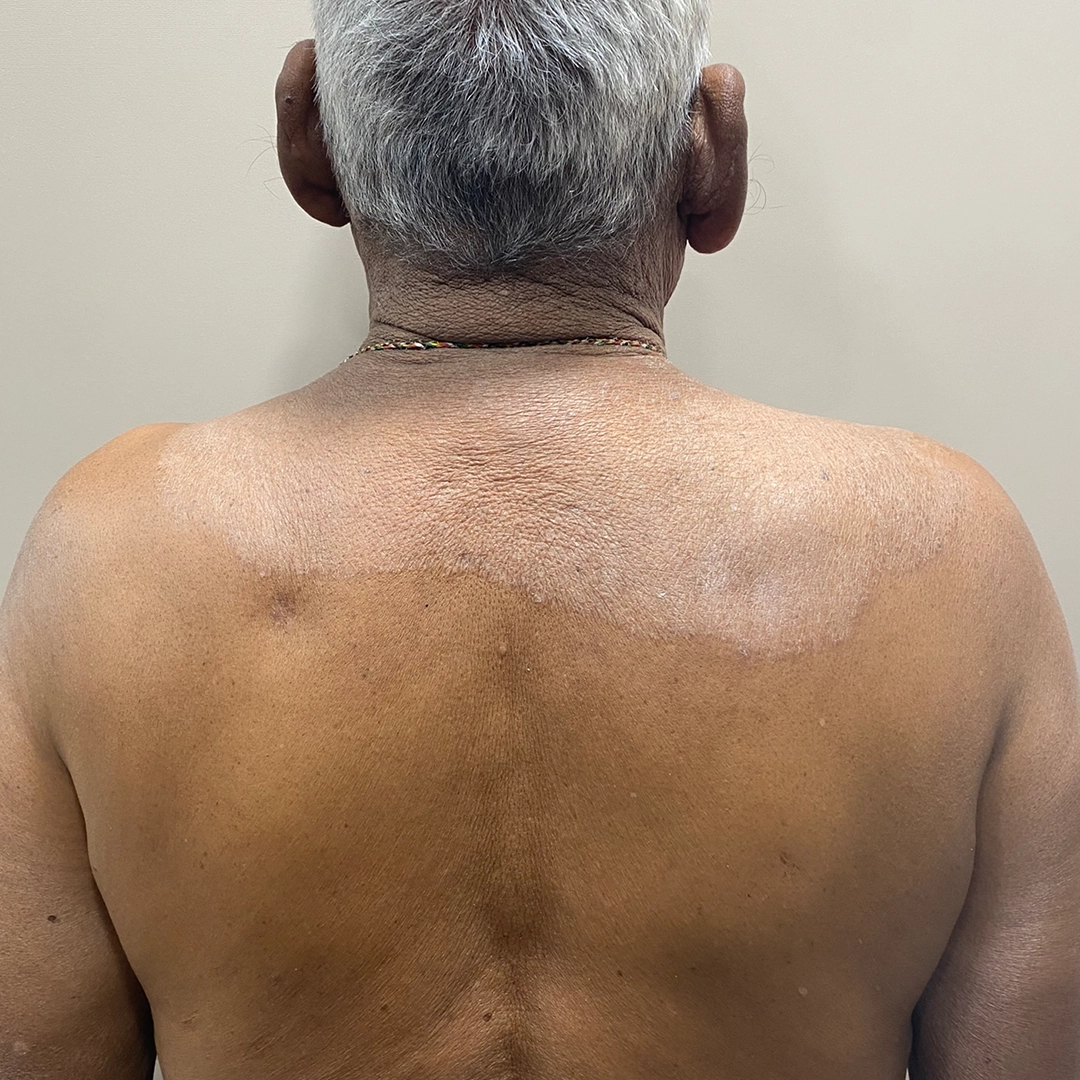
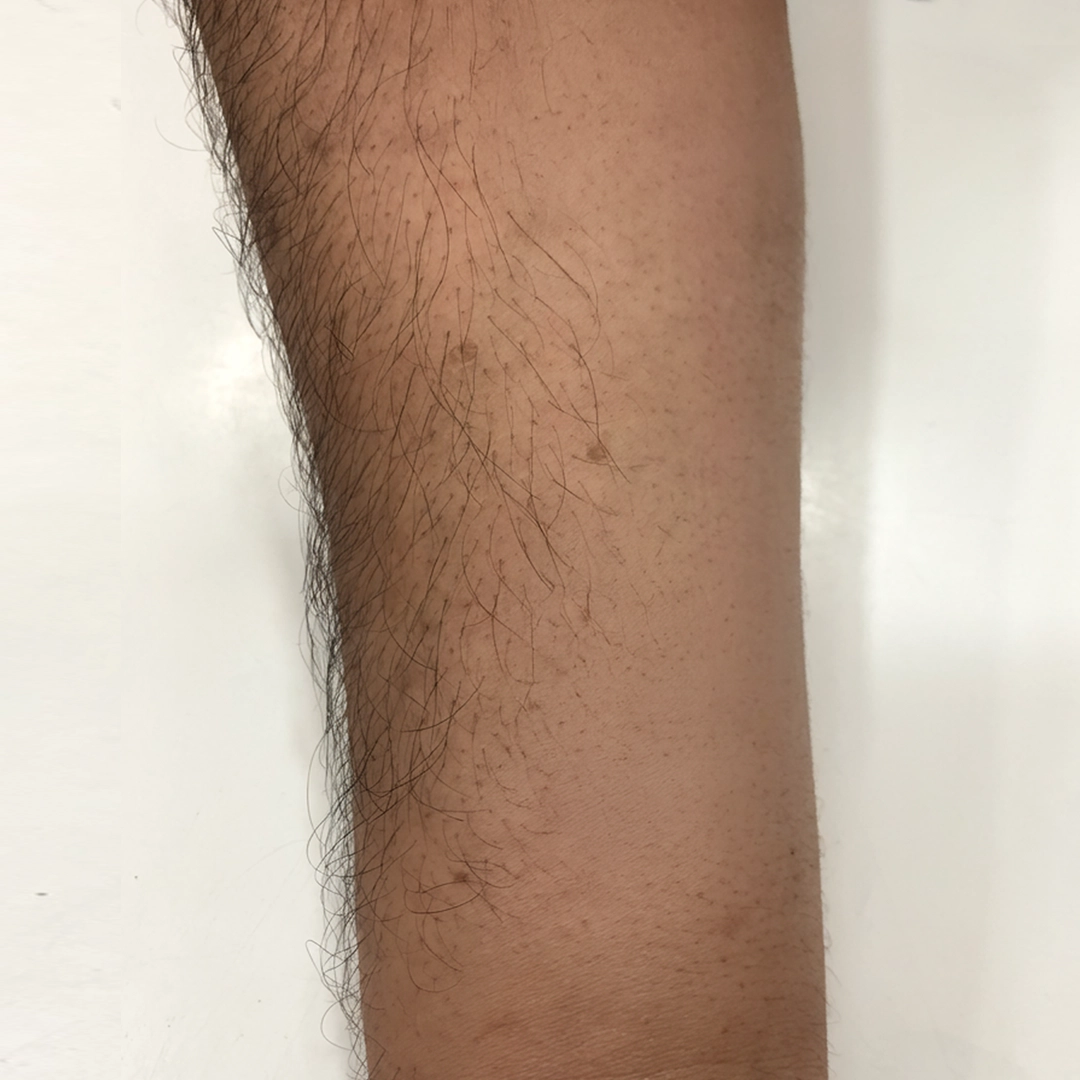
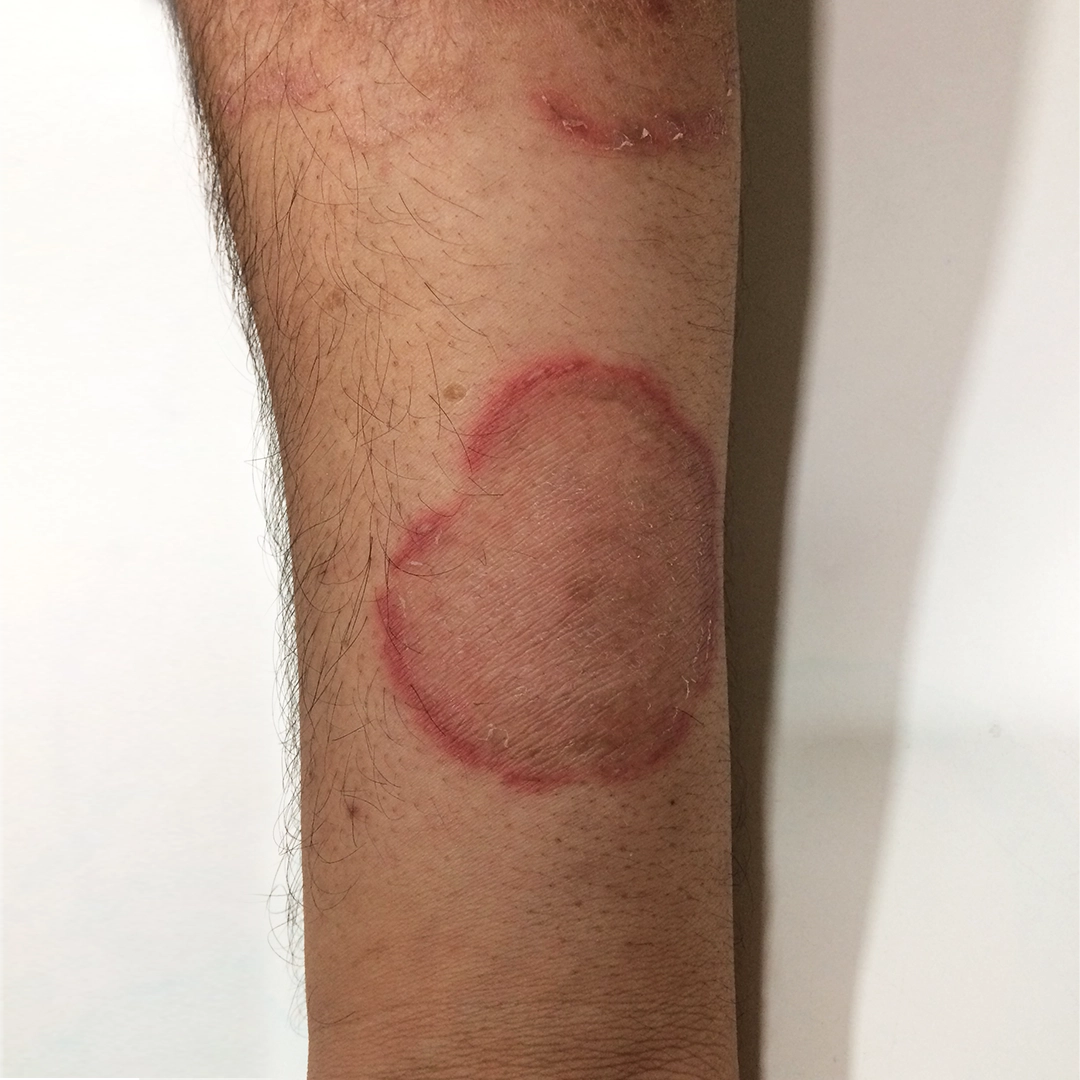

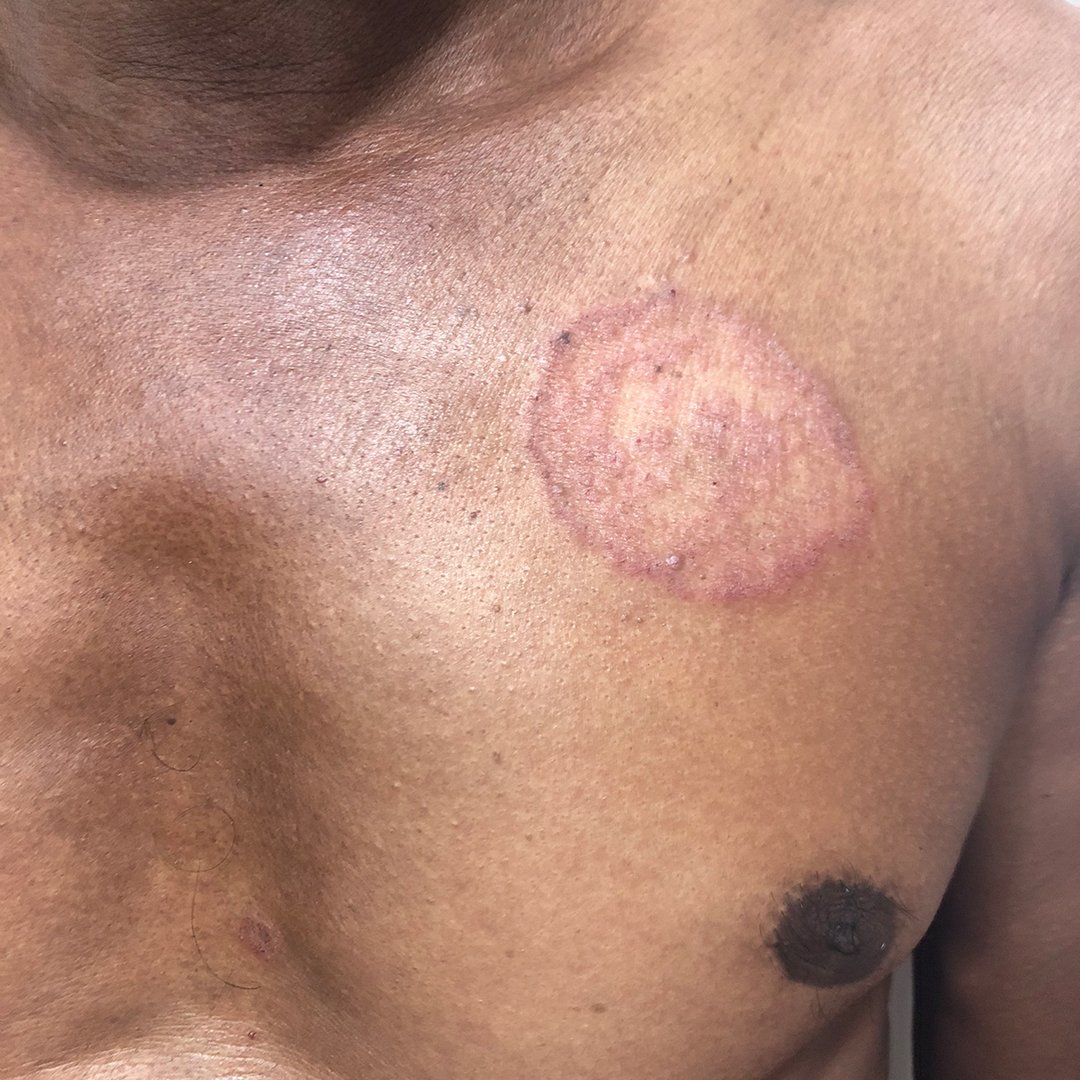




Comments
Rakesh Kumar
Excellent blog! I liked how you explained why sibling management matters in such simple words. Most parents only focus on one infected child and forget to protect others. Your step-by-step hygiene tips are really practical. I’ll be following these for my kids. NeoDermatologist’s online consultation sounds like a great option - will definitely try it next time.
संगीता राठौड़
यह ब्लॉग बहुत ही जानकारीपूर्ण था। परिवार और खासकर भाई-बहनों में इसका फैलाव आम बात है, लेकिन लोग अक्सर इसे नज़रअंदाज़ कर देते हैं। सिबलिंग मैनेजमेंट की भूमिका वाकई में महत्वपूर्ण है – जब एक बच्चे को दाद हो, तो बाकी बच्चों की जांच और रोकथाम भी उतनी ही ज़रूरी है। धन्यवाद इस जरूरी विषय पर रोशनी डालने के लिए!
Sujata Rathod
This was really informative! I had no idea ringworm could spread so easily within families, especially among siblings. The tips on early identification and managing hygiene were super helpful. Thanks for raising awareness - more parents need to read this!
Post a comment